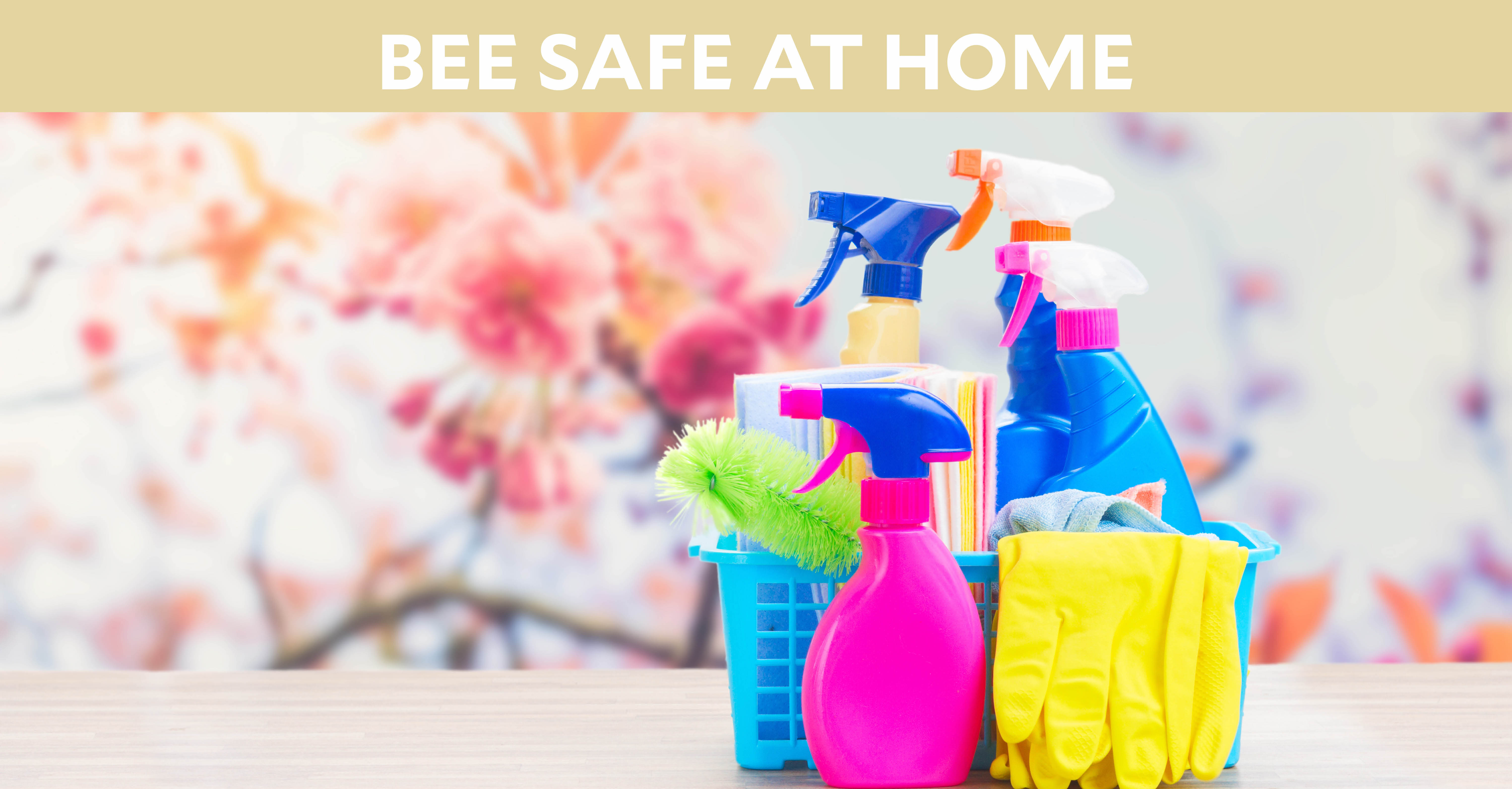
You spring clean your home, from dusting to decluttering. What about your digital “home”?
Our digital world can be overwhelming. It seems like we are using new apps, social media, and devices every day. We’re often acting quickly, and without thinking about our online safety habits.
Spring is the perfect time to refresh your online habits and clean up your digital workspace.
Follow these tips to spruce up your online safety.
Review each of your accounts
- Verify you are using a long, unique password for each one.
- Enable multi-factor authentication, especially for personal email and financial accounts.
- Delete online accounts you are no longer using.
Apply software updates
- Keep your devices and software updated to ensure you have the latest security features installed and known vulnerabilities are fixed.
- Enable automatic updates on your computers, mobile devices, and internet-connected home devices.
- Delete unused programs or apps. If it’s been over a year since you last used it, consider removing it.
Protect your personal data
Think about your financial data, health data, and anything you wouldn’t normally share with a doctor, lawyer, or family member. Some tips for protecting this data include:
- Knowing where you store your high risk data like tax documents, credit card information, and health records.
- Ensuring that where your store that data is secure. We recommend only storing your important information on devices that are encrypted and password protected.
- Setting up transaction alerts on financial accounts (bank, credit card, investment, retirement) to quickly spot unusual or unauthorized transactions.
At Yale, financial, health, and personal information is considered High Risk Data. Check out our Know Your Risk toolkit for how to keep the Yale Data you work with secure.
Prepare devices for dispoal
Before disposing of your old smartphone, be sure to wipe any personal information from it. Most devices have a simple procedure or reset to factory standards.
Backup your data
You never know when your device may be lost or stolen. Regularly back-up your most vital information and enable automatic backups to simplify the process.
Check Your Privacy Settings
Review privacy settings on your social media accounts and applications. Ensure you are not sharing sensitive information that can be exploited like your phone number, address, or banking information.
Set Parental controls
If you are a parent, review the controls you set up and adjust them as needed. This can be on anything from your Netflix accounts, to your kids’ phones, tablets, and computers.